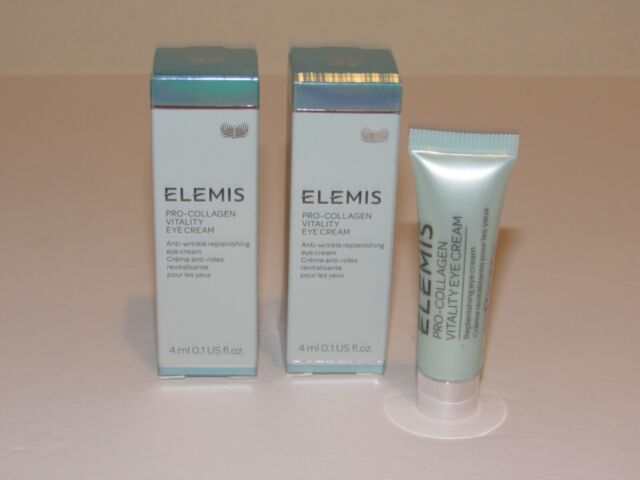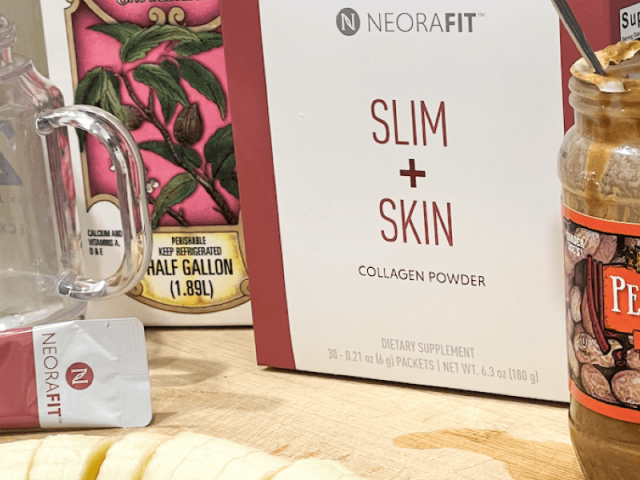In the realm of skincare, few topics are as prevalent and persistent as acne. While many factors contribute to acne formation, one of the lesser-known influencers is collagen. Collagen, the most abundant protein in the body, plays a crucial role not only in maintaining skin elasticity but also in regulating sebum production. Understanding the intricate relationship between collagen and hormonal acne can provide valuable insights into managing and preventing breakouts effectively.
The Role of Collagen
Collagen serves as the structural framework for the skin, providing strength and support. As we age, however, collagen production naturally declines, leading to a loss of firmness and elasticity. This decrease in collagen levels can also impact sebum production, the oily substance produced by the skin’s sebaceous glands. Sebum is essential for maintaining skin hydration, but excessive production can clog pores and contribute to acne formation.
Hormonal Acne: Unveiling the Connection
Hormonal fluctuations, particularly during puberty, menstruation, pregnancy, and menopause, can trigger changes in sebum production. Androgens, a group of hormones including testosterone, play a significant role in stimulating the sebaceous glands to produce sebum. When androgen levels rise, as is common during puberty or hormonal imbalances, sebum production increases, leading to oily skin and acne flare-ups.
Interestingly, collagen levels can influence the body’s response to hormonal fluctuations. Studies have shown that collagen peptides can modulate hormone secretion, potentially mitigating the effects of hormonal imbalances on sebum production. By promoting hormonal balance, collagen may offer a promising approach to managing hormonal acne.
The Balancing Act: Collagen and Sebum Production
Achieving optimal skin health requires striking a delicate balance in sebum production. While sebum is necessary to keep the skin moisturized and protected, excess sebum can contribute to acne formation. Collagen plays a pivotal role in this balancing act, influencing both sebum production and skin elasticity. If you need any additional tips and advice about choosing the top marine collagen, please take a moment to visit their page for further info.

Supporting collagen production in the skin can be achieved through various means, including:
- Maintaining a Healthy Diet: Consuming a balanced diet rich in fruits, vegetables, lean proteins, and healthy fats can support overall skin health and collagen production.
- Staying Hydrated: Adequate hydration is essential for maintaining skin elasticity and regulating sebum production. Aim to drink plenty of water throughout the day.
- Using Non-Comedogenic Skincare Products: Choose skincare products labeled as non-comedogenic, meaning they are less likely to clog pores and contribute to acne.
- Managing Stress: High stress levels can exacerbate hormonal imbalances and increase sebum production. Practice stress-reducing activities such as yoga, meditation, or deep breathing exercises.
Practical Tips for Balancing Sebum Production
- Maintain a Healthy Diet: Consuming a balanced diet rich in fruits, vegetables, lean proteins, and healthy fats can support overall skin health and collagen production.
- Stay Hydrated: Adequate hydration is essential for maintaining skin elasticity and regulating sebum production. Aim to drink plenty of water throughout the day.
- Use Non-Comedogenic Skincare Products: Choose skincare products labeled as non-comedogenic, meaning they are less likely to clog pores and contribute to acne.
- Manage Stress: High stress levels can exacerbate hormonal imbalances and increase sebum production. Practice stress-reducing activities such as yoga, meditation, or deep breathing exercises.
Conclusion
Collagen plays a multifaceted role in skin health, influencing everything from elasticity to sebum production. By understanding the connection between collagen and hormonal acne, individuals can take proactive steps to support their skin from the inside out. Whether through dietary changes, skincare choices, or promoting overall well-being, maintaining a healthy balance of collagen and sebum production is key to achieving clear, radiant skin.




